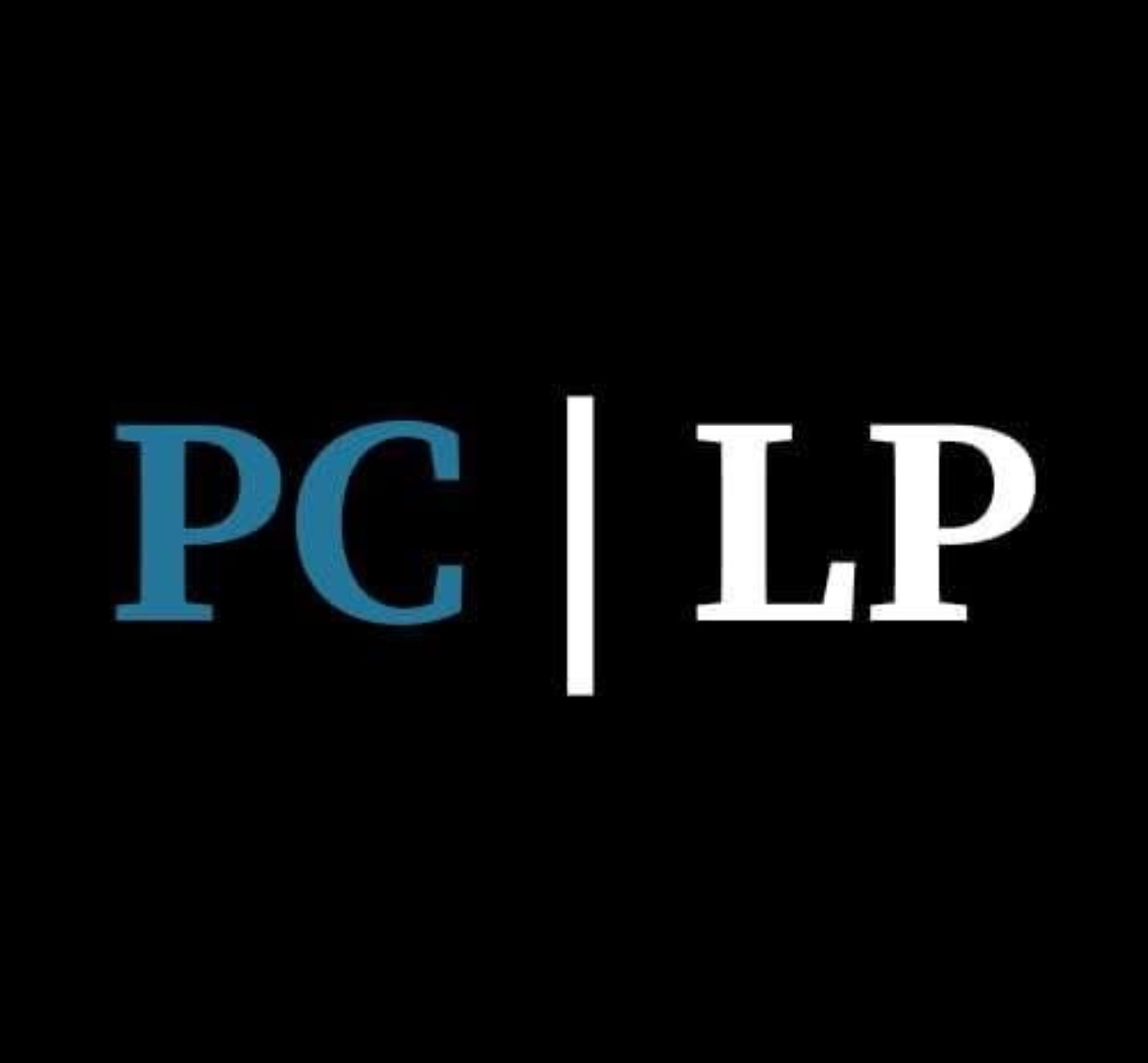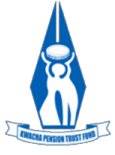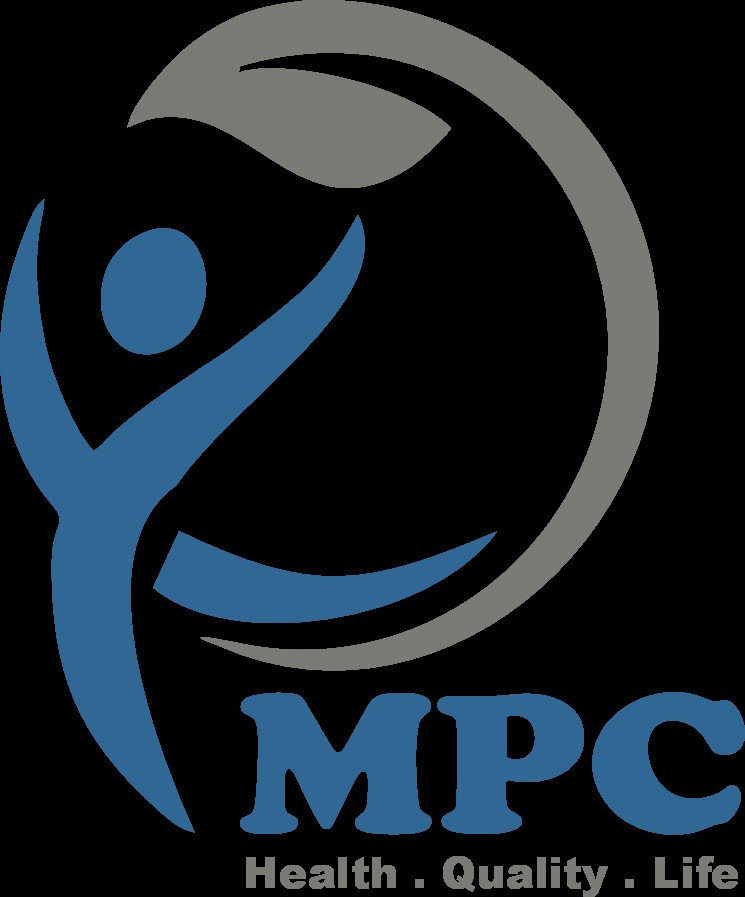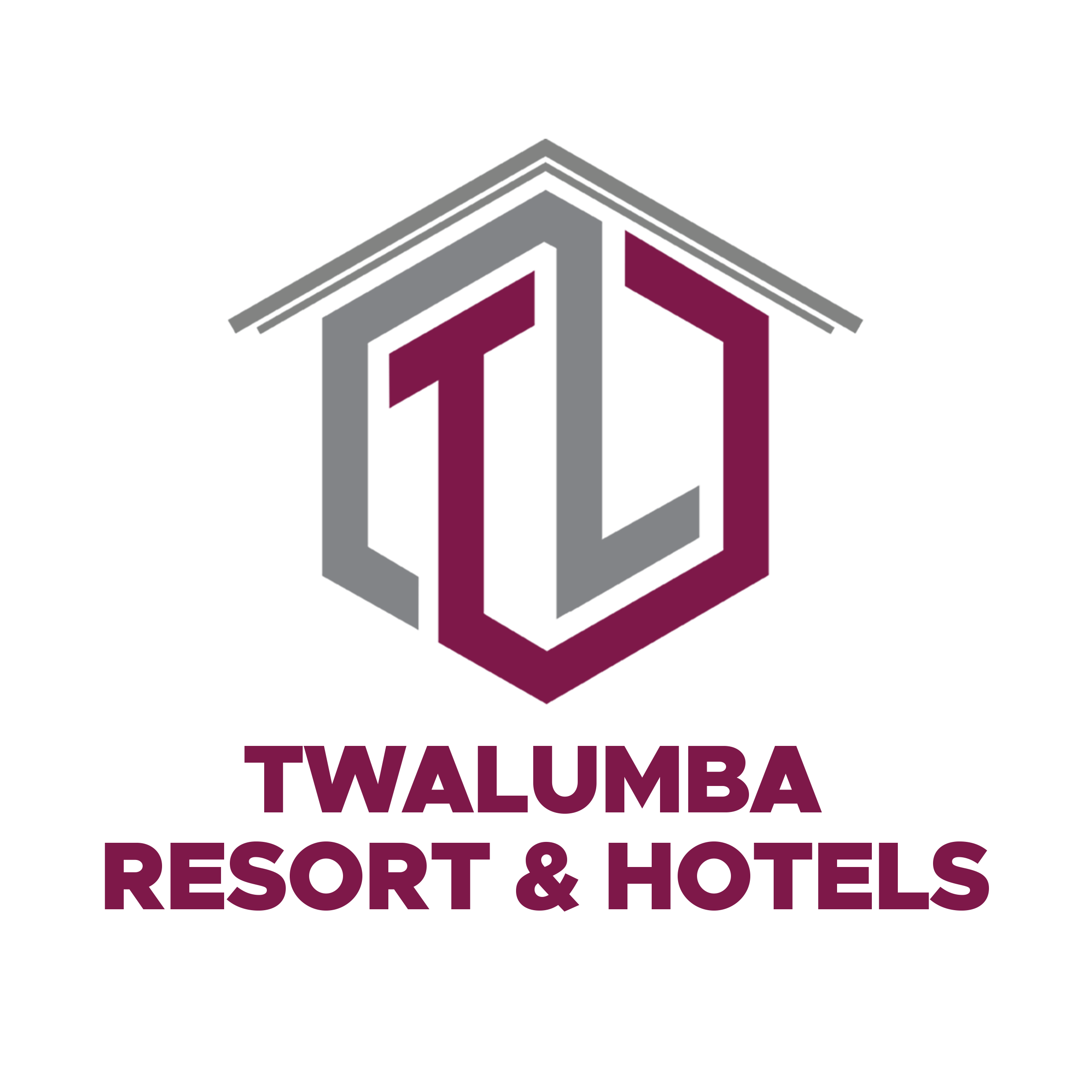FOR THE DEVELOPMENT OF A MEANS TEST TO ESTABLISH CLIENT ELIGIBILITY FOR LEGAL AID
1. Introduction
The National Legal Aid Clinic for Women (NLACW) is a Project of the Law Association of Zambia (LAZ), which was established to provide affordable legal representation to women and children from marginalized social sectors.
NLACW plays a vital role in promoting access to justice for women and children in Zambia, who face legal challenges rooted not only in poverty, but also in entrenched gender inequalities across social, economic, and political spheres. While financial hardship remains a significant barrier, many women, regardless of income level, encounter systemic obstacles that limit their ability to seek and secure legal redress.
Patriarchal norms continue to shape societal expectations, legal institutions, and family structures, often silencing women’s voices, increasing their exposure to gender-based violence (GBV) and restricting their autonomy. These norms perpetuate unequal power dynamics that limit women’s ability to make independent decisions, access justice, and assert their rights. Many women remain economically dependent on spouses or relatives, excluded from property ownership, and discouraged from seeking legal redress due to cultural stigma, fear of retaliation, or limited legal literacy. Even those with formal employment or education may struggle to access justice because they remain embedded in systems that are structurally biased against them. Discriminatory laws, patriarchal interpretations of customary practices and under-representation in decision-making spaces, and lack of support systems, exacerbates their vulnerability.
To ensure that legal aid services are targeted effectively and reach those most in need, the NLACW seeks to develop a robust and context-specific Means Test. The means test is an essential tool designed to assess the financial eligibility of applicants, determining whether they qualify for free or subsidized legal aid based on their income, assets, and overall economic situation. This assessment helps to ensure that limited resources are allocated fairly, prioritizing vulnerable women who cannot afford legal services.
These intersecting forms of disadvantage, demand a holistic and context-specific approach to legal aid eligibility. To ensure that NLACW’s services reach those most in need, whether financially impoverished or structurally marginalized, NLACW seeks to develop a robust, gender-responsive Means Test. This tool will go beyond conventional income assessments to capture broader indicators of legal vulnerability, such as exposure to violence, economic dependence, social isolation, and restricted access to resources.
By recognizing the full spectrum of barriers women face, the Means Test will enable NLACW to allocate its resources more equitably, prioritize those at greatest risk, determining whether they qualify for free or subsidized legal aid based on their financial capacity or social vulnerability, and uphold its mission to promote justice, dignity, and equality for all women in Zambia.
2. Objectives of the Assignment
NLACW invites qualified consultants to submit Expressions of Interest (EOI) to design and develop a comprehensive Means Test framework that:
Assesses both financial and non-financial indicators of legal vulnerability;
Aligns with NLACW’s mission and the Zambian socio-economic and cultural context;
Is practical, scalable, and easy to administer by NLACW staff;
Incorporates gender-sensitive and rights-based principles;
Includes tools for data collection, scoring, and eligibility determination.
3. Scope of Work
The selected consultant will be expected to:
Conduct a literature review and stakeholder consultations;
Analyze existing legal aid eligibility models (local and international);
Identify key indicators relevant to women’s legal vulnerability in Zambia;
Design the Means Test framework, including assessment tools and scoring methodology;
Pilot the tool with NLACW staff and refine based on feedback;
Deliver a final Means Test with recommendations for implementation, training, and monitoring.
4. Required Qualifications
Proven experience in gender analysis, legal aid systems, or social protection frameworks;
Strong understanding of Zambian socio-legal context and women’s rights;
Demonstrated experience in tool development, research, and stakeholder engagement;
Excellent analytical, writing, and facilitation skills;
Advanced degree in law, gender studies, social sciences, or related field.
5. Submission Guidelines
Interested consultants or firms should submit:
A cover letter expressing interest and availability;
A technical proposal outlining methodology and work plan;
A financial proposal (in ZMW);
CV(s) of key personnel;
Samples of previous relevant work;
Three references.
Submissions should be sent via email to: lusakaoffice@nlacw.org.zm Subject: EOI – Means Test Development Consultant
6. Timeline
Deadline for submission: 3rd October, 2025
Duration of assignment: 8 weeks









